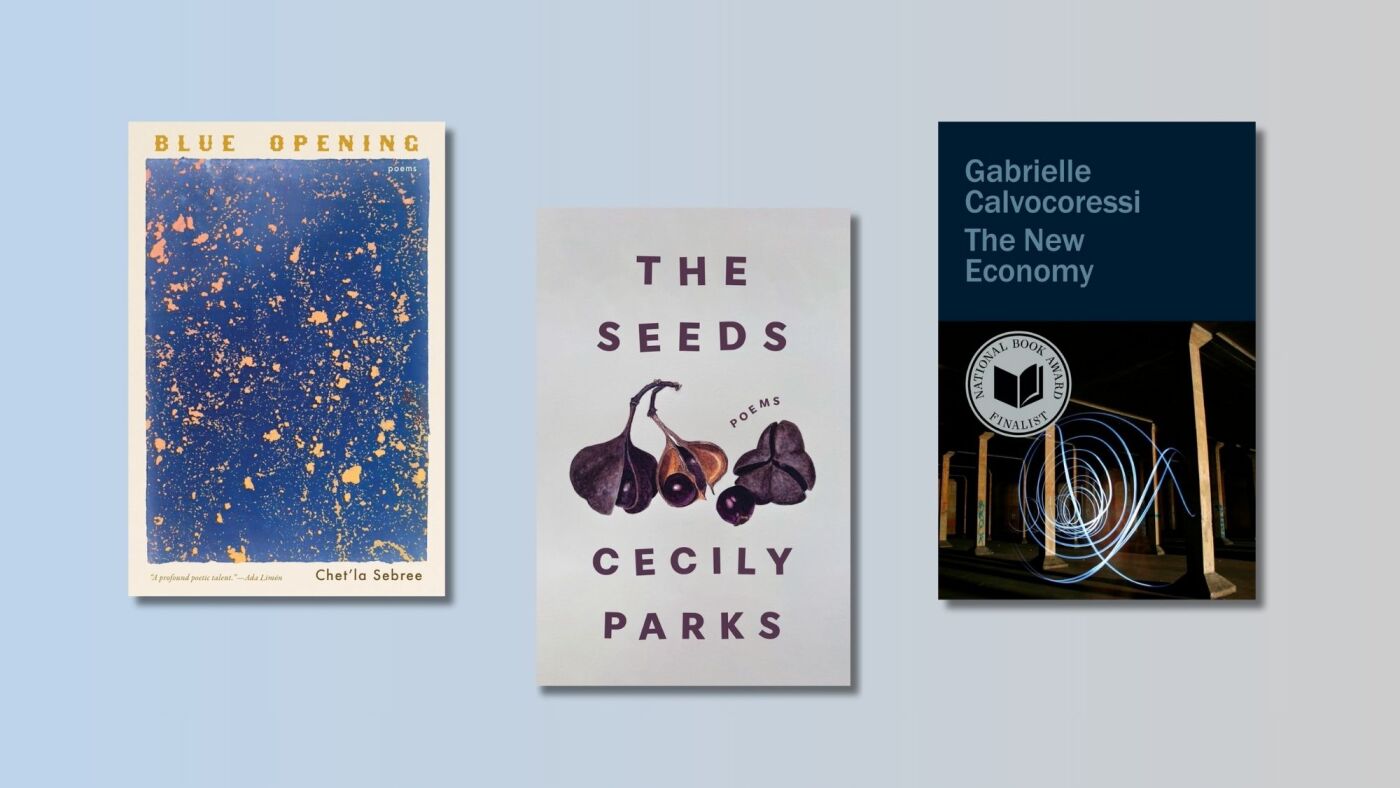
"How can poetry help us now, when practically every morning brings a fresh assault on knowledge, wisdom and safety? Amid the cruel political discourse horrifying headlines that seem to envelop everything, where is there a place for poetry? What can a bunch of artfully arranged words do? A lot, I'd argue. Words are among the many things under attack. Our stories, the ways that we fill our words with our own meanings, are more precious and urgent than ever."
"What follows is a rapidly paced, heart-stricken coming to terms with a body and a future suddenly altered by autoimmune disease, with the meanings of motherhood and daughterhood, and with the stunned language required to describe it all when there is "no one to know/ my body's vernacular, that it would mistake me for foreigner." Blindingly clear and unornamented, these poems have all their cards on the table, "pregnant with grief/ it's bloated, black, a matted thatch.""
Poetry is framed as a vital means to resist and reclaim amid daily assaults on knowledge, wisdom, and safety. Words and narratives are described as under attack, making storytelling urgent. Three recent books stake claim to stories of identity, suffering, and hope and to a collective subjectivity that captures a nation's interior pain and uncertainty. Chet'la Sebree's Blue Opening focuses on autoimmune illness, disrupted hopes for motherhood, bodily betrayal, and grief, converting medical and maternal lexicons into a vocabulary for loss. Language becomes the tool to assert ownership of self and story.
Read at www.npr.org
Unable to calculate read time
Collection
[
|
...
]